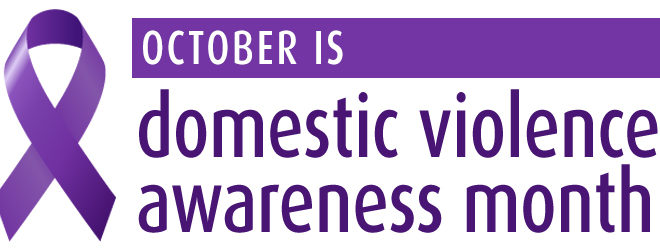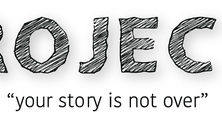Commentary: Ending Abusive Relationships
- Share
- Tweet
- Pin
- Share

by Donna Rogers
For many victims of domestic violence or Intimate Partner Violence (IPV,) one of the biggest challenges can be deciding to leave their abuser.
Before coming forward, women must first realize their partner is abusive. There is obvious domestic violence that results in physical attacks, but the National Coalition Against Domestic Violence (NCADV) reports that 40 percent of men and women have experienced coercive control in IPV.
After a woman does realize the relationship with her partner is unhealthy, there are still many reasons she might stay with her abuser.
Coming forward can be dangerous. When a partner is physically abusive, there is a fear they might retaliate to the victim taking action. Whether the abuser directly threatens their partner to keep the abuse private, the NCADV reports that when the abuser feels the loss of control of their partner, they’ll oftentimes turn to obsessive stalking and threatening harassment.
In the case of undocumented migrants experiencing domestic violence, reports of domestic abuse have gone down significantly under the current administration. The politicians in office have made arresting migrant workers a priority, rounding up people without criminal backgrounds and seeing them as collateral damage in the pursuit of violent immigrants. This impossible situation causes women to stay with their abusers, in fear that coming forward about the abuse to the police would instead get them deported, leaving their children with an abusive parent. It’s no wonder people within the migrant community stopped reporting their abusers in such staggering numbers.
Reasons for staying with an abusive partner include being financially dependent on the abuser, that their abuser had threatened their children or loved ones, or that their abuser had worn them down so much emotionally that they didn’t believe they deserved safety.
In fact, Twitter is alight right now with a similar hashtag, #WhyWomenDontReport. An important discussion is happening in the wake of a famous movie producer being proven to be a sexual abuser. Harvey Weinstein’s behavior was exposed with tapes where he admits to being a habitual sexual abuser. When it came to light that the legal system buried the case, despite having a multitude of evidence, women came forward to talk about how the women who came forward were being treated, and how this unfair victim blaming was the reason women didn’t report abuse.
For victims of domestic and sexual violence, seeing the warning signs of an abusive relationship, feeling safe enough to leave their abuser, feeling safe enough that the governmental systems will defend them against their abuser, and feeling that their voice will be heard instead of blamed, are huge obstacles in coming forward about abusive partners and seeking help.
These are issues we must address as a community if we want to lower the likelihood of women staying in abusive situations.
Donna Rogers is a nursing assistant and a blogger. She has published a helpful resource for domestic violence victims on her blog (cnaclassesfreeinfo.com/how-to-end-domestic-abuse/). Don’t be afraid to seek help if you are in an abusive relationship.

